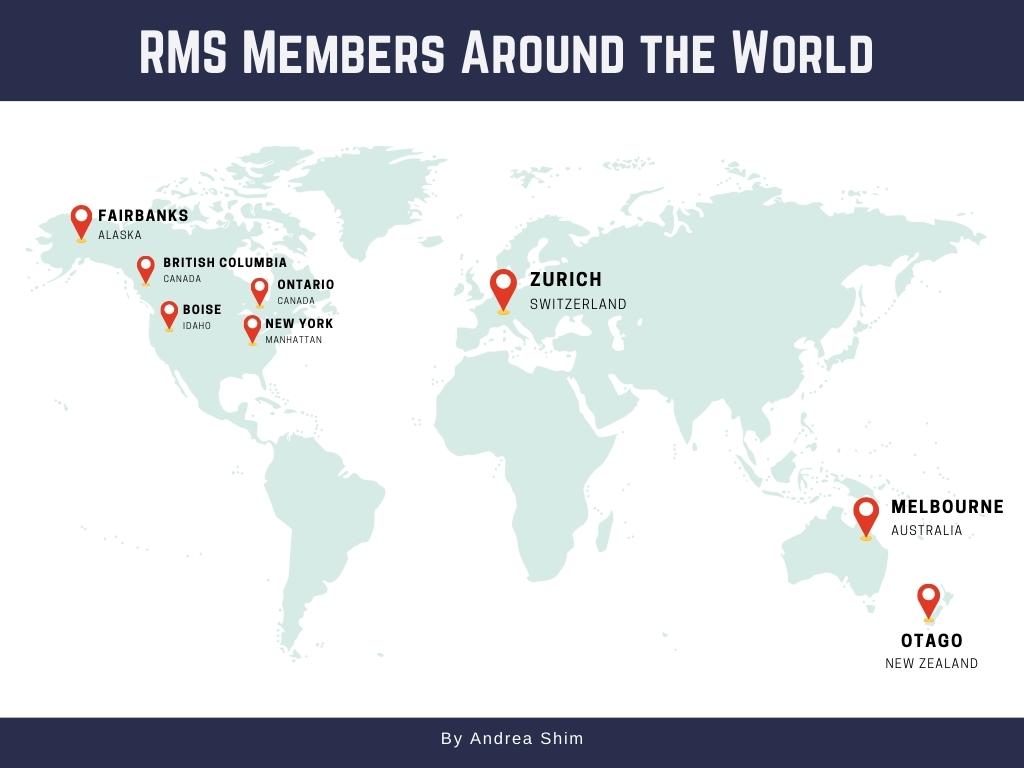Why Men’s Suicide?
According to the World Health Organization, it is estimated that suicide claims the lives of approximately 703,000 people each year (1). In 2019, 69% of global suicide deaths were men (2), and in Canada, men are three times more likely to suicide than women (3). In a world that encourages men to be stoic, men often only seek help when they reach a mental health crisis, and are treated with therapies that don’t fulfill their needs. As this is the case, men’s suicide is a pressing issue around the world, and providing men with help that fits their needs is critical.
The Reducing Male Suicide (RMS) Cluster aims to purposefully work across UBC faculties and externally with national and international partners to create and mobilize knowledge to de-stigmatize men’s mental illness and suicidality, reduce disparities in care, and lead effective male suicide prevention interventions globally.
Mission
To raise awareness about men’s mental health challenges and create treatment options and services that meets their unique needs. More specifically, we aim to:
Address men's mental health inequities by creating a suite of tailored suicide prevention programs also considering diverse populations of different ethnicities, cultures, and sexual orientations.
Understand men's experiences of and clinician's perspectives about providing mental health services to men which will, in turn, inform the creation of gender specific services and resources for underserved populations.
Prevent men's depression, anxiety, and suicidality by focusing on upstream avenues of interventions that focus on equipping men to build better relationships.
Vision
Using strength based approaches, we work to reduce male suicide by advancing research and creating tailored mental health services that empower men.
The RMS Cluster consists of 13 members from various institutions across Canada, the United States, Switzerland, Australia, and New Zealand.

The RMS cluster is committed to principles of equity, diversity and inclusion (EDI) and is inspired by UBC’s Inclusion Action Plan and commitment to the Dimensions pilot for EDI in research.
Go to the Men's Health Research Site
